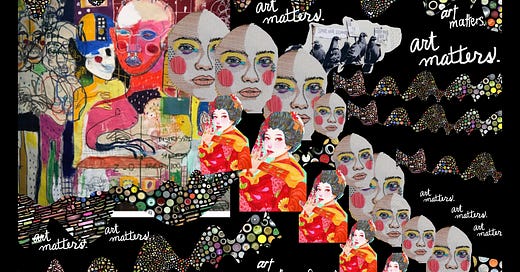We Are Arguing for the Arts in the Wrong Ways
10 Things We Learn from the Arts that No Other Subject Can Teach
If this blog teaches you something new, inspires, makes you think, shares an idea that stays with you, offers you something you cannot get elsewhere, please consider a membership. Thank you. ♥️



